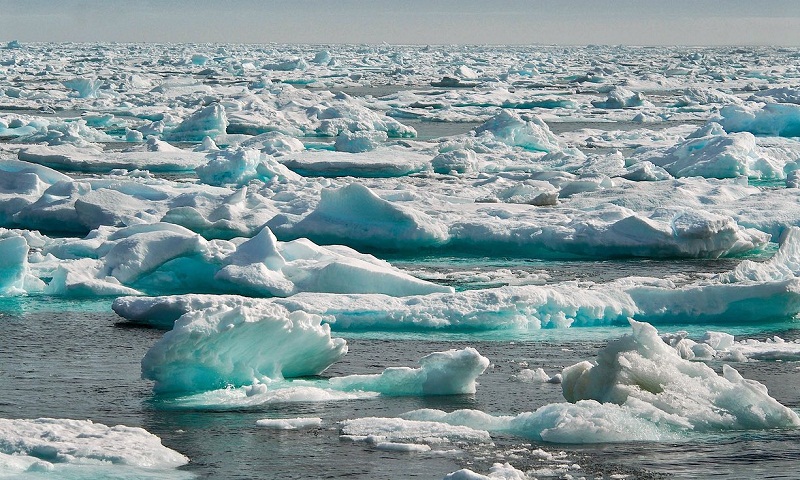Climate change study in Canada’s Hudson Bay thwarted by climate change

Warm temperatures create perilous ice conditions off Newfoundland, trapping fishing boats and tankers: ‘It’s not something you would expect to see there’. Scientists in Canada have been forced to abandon an expedition to the Hudson Bay to research the impact of climate change, after warming temperatures created perilous ice conditions off the coast of Newfoundland. In late May, 40 scientists from five Canadian universities set off from Quebec City on the icebreaker and Arctic research vessel CCGS Amundsen. The expedition was the first leg of a four-year, C$17m research project designed to delve into the effects of climate change on Hudson Bay. The icebreaker was soon diverted. Dense ice – up to 8 metres (25ft) thick – had filled the waters off the northern coast of Newfoundland, trapping fishing boats and ferries. “It was a really dramatic situation,” said David Barber, the expedition’s chief scientist. “We were getting search and rescue calls from fishing boats that were stranded in the ice and tankers that were stranded trying to get fuel into the communities. Nobody could manage this ice because it was far too heavy to get through.” Barber, a climate change scientist at the University of Manitoba, and the other scientists did what they could to help the Coast Guard rescue the vessels and carved a path for the tankers. They also took the time to study the ice that surrounded them, discovering that much of it was the multiyear ice typically seen in the high Arctic. It was an unexpected find, said Barber, given the time of year and how far south they were. “It’s not something you would expect to see there and not something we’ve seen there before,” he said. “In the high Arctic, climate change is causing the ice to get thinner and there to be less of it. What that does is that it increases the mobility of ice.” The decision to cancel the first leg of the expedition was made after it became clear that continuing north would interrupt search and rescue operations and probably put lives at risk.

